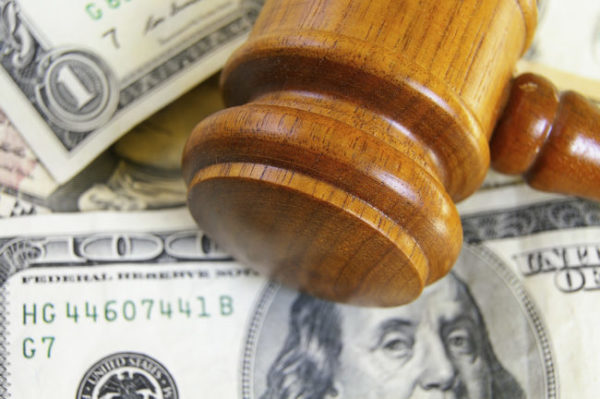On September 9, 2019, the California State Assembly voted 66-0 to pass an amended version of the Fair Pay to Play Act. The bill now moves back to the state senate for a vote, which is likely to pass, putting the state on a collision course with the NCAA over its rules prohibiting student-athletes from being compensated for use of their name, image and likeness.
Previously, we reported that the California State Senate voted to pass the Fair Pay to Play Act (SB- 206) to allow college athletes in the state to earn income from endorsements or sponsorships. In addition, the bill would protect athletes from losing eligibility for receiving such compensation. Because the assembly amended the Senate’s bill, the Senate must pass the amended version of the bill before it can be sent to the desk of Gov. Gavin Newsom. If signed by Newsom, the law would go into effect in 2023.
The assembly added language that would give colleges and universities some control over the types of endorsement or sponsorship deals their athletes may be permitted to enter. In addition, student-athletes would be required to disclose contracts for use of their name, image or likeness. If any of the student-athlete contracts conflict with the school’s own sponsorship contracts, then the student would be prohibited from entering into the contract.
Larry Scott, commissioner of the Pac-12 Conference, is “firmly against anything that would lead to pay-for-play.” Scott and the NCAA believe that if California permits its student-athletes to receive compensation, then California schools would have an “unfair recruiting advantage.” The advantage, in this case, would be the possibility of making money through jersey sales or advertisement revenue as opposed to the schools without that possibility. If the law passes both legislatures and is signed by the governor, some California schools may be prohibited from competing in the NCAA due to concerns that Scott and the NCAA raise.
Aside from the NCAA, the Ninth Circuit’s ruling in O’Bannon found that “not paying student-athletes is precisely what makes them amateurs.” While some believe that athletes should be compensated for the billions they create in revenue, the courts have found that not paying them is in line with the essence of amateur sports. SB-206 may set the stage for further litigation in the federal court system.
NBA superstar, LeBron James, endorsed this bill, tweeting that “College athletes can responsibly get paid for what they do and the billions they create.” James’ tweet, and call to action, gained support from 2020 presidential hopeful and current Vermont Sen. Bernie Sanders. Previously, we reported presidential hopeful Andrew Yang’s support for student-athlete compensation. The Fair Pay to Play Act is something to keep an eye on as it sets up a huge fight with the NCAA over amateurism rules and the right of student-athletes to earn compensation from their talents and use of their name, image and likeness.

